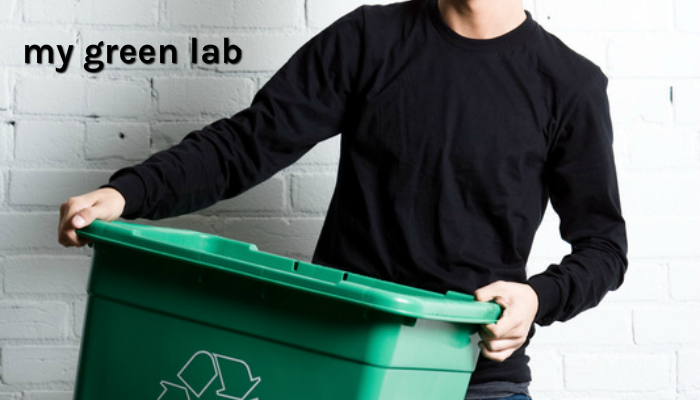Podcast: Play in new window | Download
Subscribe: Spotify | Email | TuneIn | RSS
Most academics are overwhelmed, even the ones who are successful in terms of being productive researchers, busy teachers and efficient administrators. But, they seem like the norm and everyone who struggles is not, and this needs to be disrupted and changed.
Research fellow/post-doctoral researcher, Africa.
I’m worried about sexism in academia in general and this might make me want to leave after finishing my PhD, even though my current work environment is good.
PhD scholar, Europe
It’s not about free time, it’s a lack of free energy. Who can do hobbies when you’re physically, mentally, and emotionally drained?
Lecturer, North America
Would it surprise you to hear that researchers and scientists around the globe are stressed out? Long hours, competitive labs, and unpredictable funding are just a few of the factors that contribute poor mental health among academics.
Graduate students tend to suffer the most, as they don’t receive the same support as those more advanced in their careers.
This week on the show, we delve into data collected by the Cactus Foundation from their 2020 Mental Health Survey Report.
Read More



